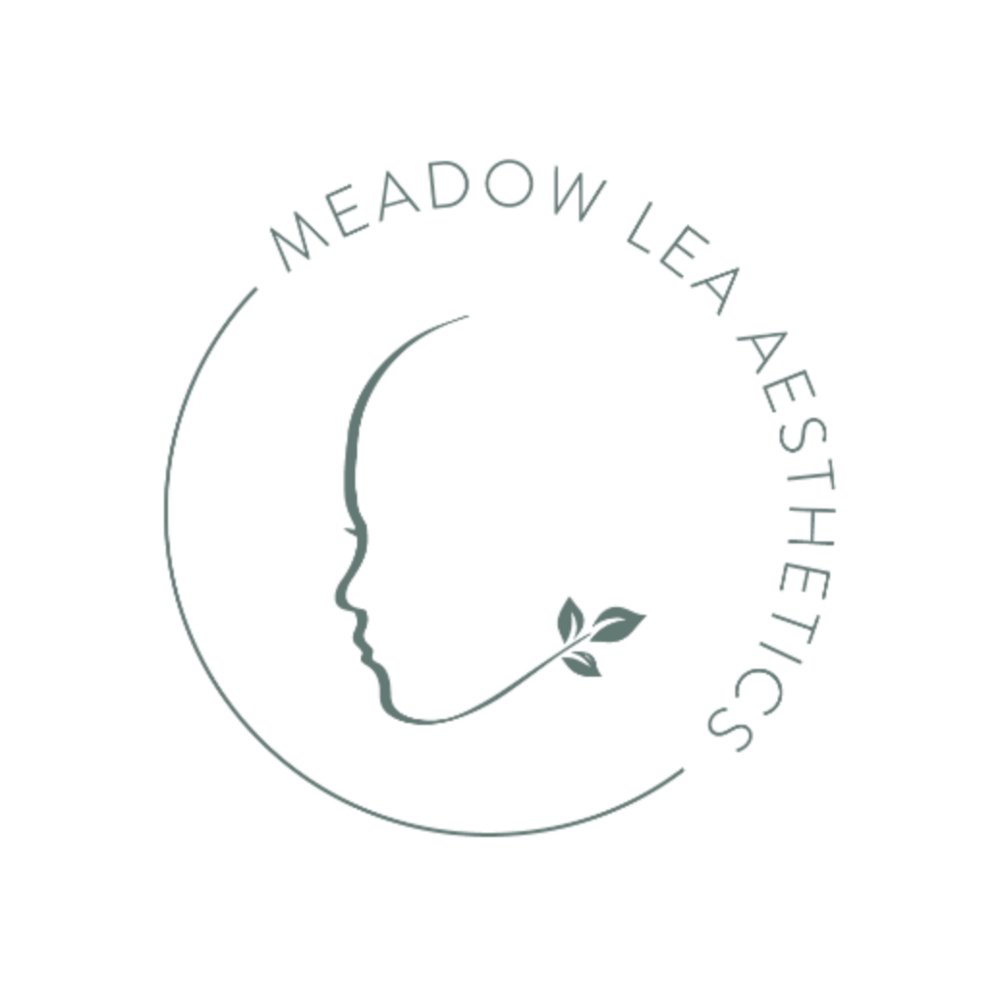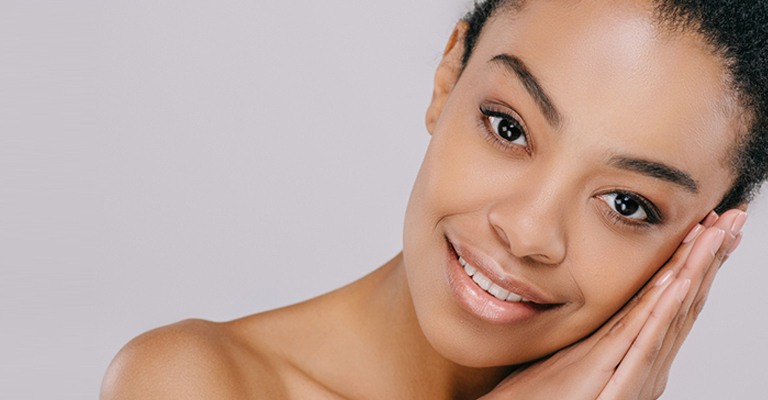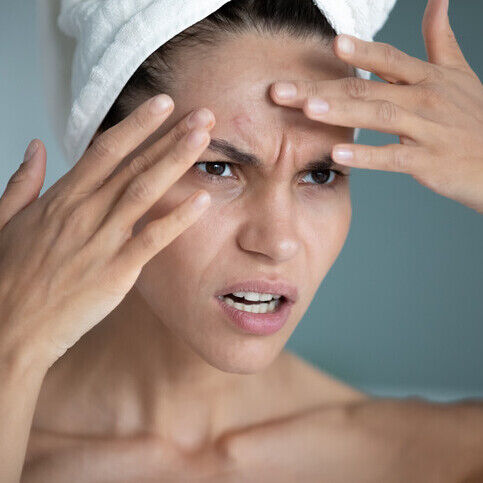How your stress levels could be impacting your skin & beauty routine and what to do about it.
From spots to hair loss.
Treatment
What actually is stress?
Blog
It’s easy to think the reason we feel worse about the way we look when we’re stressed is through lack of trying. We tell ourselves we haven’t had the time to wash our hair or carry out every step of our usual skincare routine. We just love finding ways to blame ourselves. But the truth is, stress is doing its dirty work internally. In fact, functions relating to stress are some of the most well-evolved reactions in the human body.
Acute stress has been developed through hundreds of thousands of years of evolution. Our ancestors needed a way to survive so that when they encountered a predator, there was a fight or flight reaction. Acute stress causes the heart rate to increase, blood pressure to go up, blood to be diverted to the limbs in order to escape and energy to be mobilised from fat so that all other body functions can be put on hold. It’s how our ancestors survived. And it turns out this type of stress is actually very important in keeping our immune systems functioning.
This changes though when we don’t get a sense of post-stress relief. In the modern world, our stressors don’t end suddenly in the way that acute stress should end. Our ancestors either survived or died and the stress ended in one way or another. Now we are developing a chronic stress concept. You could be overworked, burned out, have deadlines or marital problems, you could just be stressed about the cost of living crisis. If one thing is causing you chronic stress, your stress levels are full, and it's through this period of chronic stress that skin and health issues are likely to arise.
So, what exactly does stress do to our skin?
In short, chronic stress results in inflammation throughout the whole body. When talking about our bodies, it can be easy to forget that our skin is our biggest organ, therefore feeling the impact of whatever is going on internally. Hormones such as cortisol and adrenaline are secreted into our circulation. Our nerves also secrete adrenaline right into the tissue, along with neuropeptides substance P or CGRP which cause enormous amounts of inflammation. All of this produces redness, pain, burning and oxidative damage. Because of this, stress can manifest in breakouts and premature ageing (oxidative damage attacks collagen production), as well as redness and increased sensitivity. Those already susceptible to inflammatory conditions such as acne, psoriasis and eczema will also likely experience flare-ups during times of stress.
It is also important to remember that our scalps are affected by skin changes too. During times of stress, people might experience hair loss and even develop alopecia areata. Your scalp is very stress responsive. It can make the scalp more oily, more flaky and itchier. On top of that, habits such as hair-pulling can also also be exacerbated by stress.
What can we do about it?
Most importantly, dealing stress-related skin concerns starts with acknowledging the cause; it all comes down to mental health awareness.
If you are seemingly coping with your stress levels but are concerned that it could be a contributing factor to your skin issues, incorporate antioxidants into your skincare routine where possible, as well as restorative ingredients to minimise the symptoms of inflammation.
Most inflammatory diseases like acne, psoriasis and eczema impair your system through oxidative damage, so be sure to apply significant antioxidants. When substance P is secreted into the skin when stressed, it can also be very irritating, so be sure to incorporate products that soothe inflammation.
When does stress become more serious?
Stress-related skin issues can really take their toll on our mental health and it’s important to know that medical help is available.
If you feel as though your stress levels are becoming unmanageable and affecting your appearance, it’s important to seek medical advice.
A Psychodermatologist can help treat the problem medically while also treating the psychological distress through things such as talking therapies and cognitive behavioural therapy.
(Data Source: SHANNON LAWLOR AND LOTTIE WINTER)




